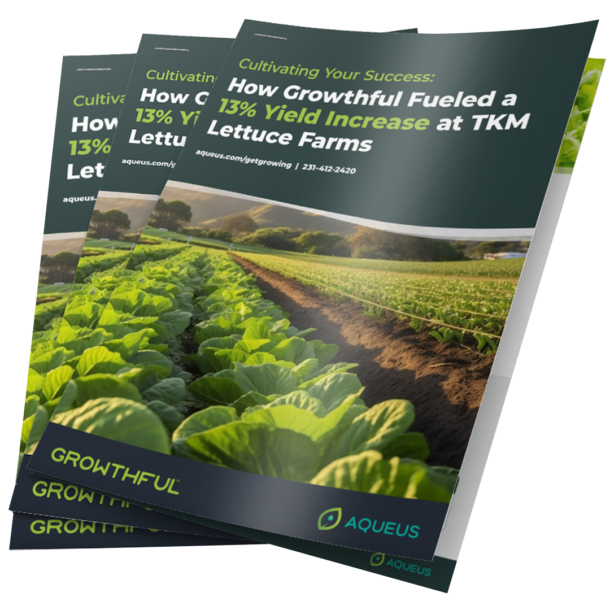Nutrient uptake is the process in which plants obtain the nutrients they need from the soil. Plants need to achieve homeostasis to thrive, meaning if the soil is nutrient deficient or the soil has an excess of nutrients the plant’s health will suffer. To regulate nutrient uptake and respond to changes within both the soil and the plant itself they use various strategies of mobilization and uptake of nutrients.
Three main strategies are as follows:
- Uptake directly from the soil
- Symbiotic relationships with micro-organisms in the soil
- Symbiotic relationships with fungi
Plants can uptake directly from the soil through their roots; however, when the soil is nutrient-deficient they may form symbiotic relationships with microorganisms – which help convert futile nutrients into a form the plants can absorb, or with fungi to mobilize and reach more nutrient-rich areas of soil.

So, what nutrients are key for plant survival and how to spot nutrient deficiency in your crops?
Potassium, iron, as well as nitrogen and phosphorus are the building blocks of plant health and nourishment. In general any deficiency typically stunts the growth of the primary root – the main root of a deficient plant will be shorter and the branches off from it will be longer than normal. Potassium deficiency can result in browning and yellowing of the leaves, curling of leaf tips and an overall decrease in growth and fertility. An Iron deficiency – more common in aerobic soils with a neutral or basic pH where the iron becomes insoluble and difficult to absorb by plants – can cause a yellowing of leaves with the veins of the leaves remaining green, a phenomenon known as interveinal chlorosis. When plants lack nitrogen or phosphorus it will pose serious limitations on all-around plant productivity.

How to prevent nutrient deficiency and produce the highest quality crops
There are many traditional fertilizers on the market that when used correctly and carefully can help curb nutrient deficiencies but it is important to keep in mind excessive nutrients are just as toxic to plants. Another method to prevent deficiencies and produce healthy crops is through a soil amendment. Soil amendments improve soil conditions to create an environment where homeostasis is more attainable for plants – this indirectly promotes greater crop quality and yields. For example, Growthful is a revolutionary soil amendment that can:
- Help grow bigger crops faster and increases crop yields
- Buffer and change the soil pH
- Help condition the soil for improved plant performance
- Increase, improve, and optimize soil conditions for tolerance and resistance of abiotic stress
- Improve and increase water/nutrient availability, use, efficiency, processing, and retention
- Improve and increase soil/water nutrient retention, holding capacity, and permeability
Growthful can be used with no additional labor costs – it can easily be added to your current cultivation methods whether that be drip-line, center pivot, broadcast, or aerial and can be combined with desired pesticides, fertilizers, herbicides, and fungicides and applied in the same application. Whichever route you choose it is important to follow fertilizer/soil amendment directions and regularly test soil pH and nutrient levels to avoid excess soil nutrients and attain the best possible results.
For more information on nutrient uptake check out this article by nature.com




